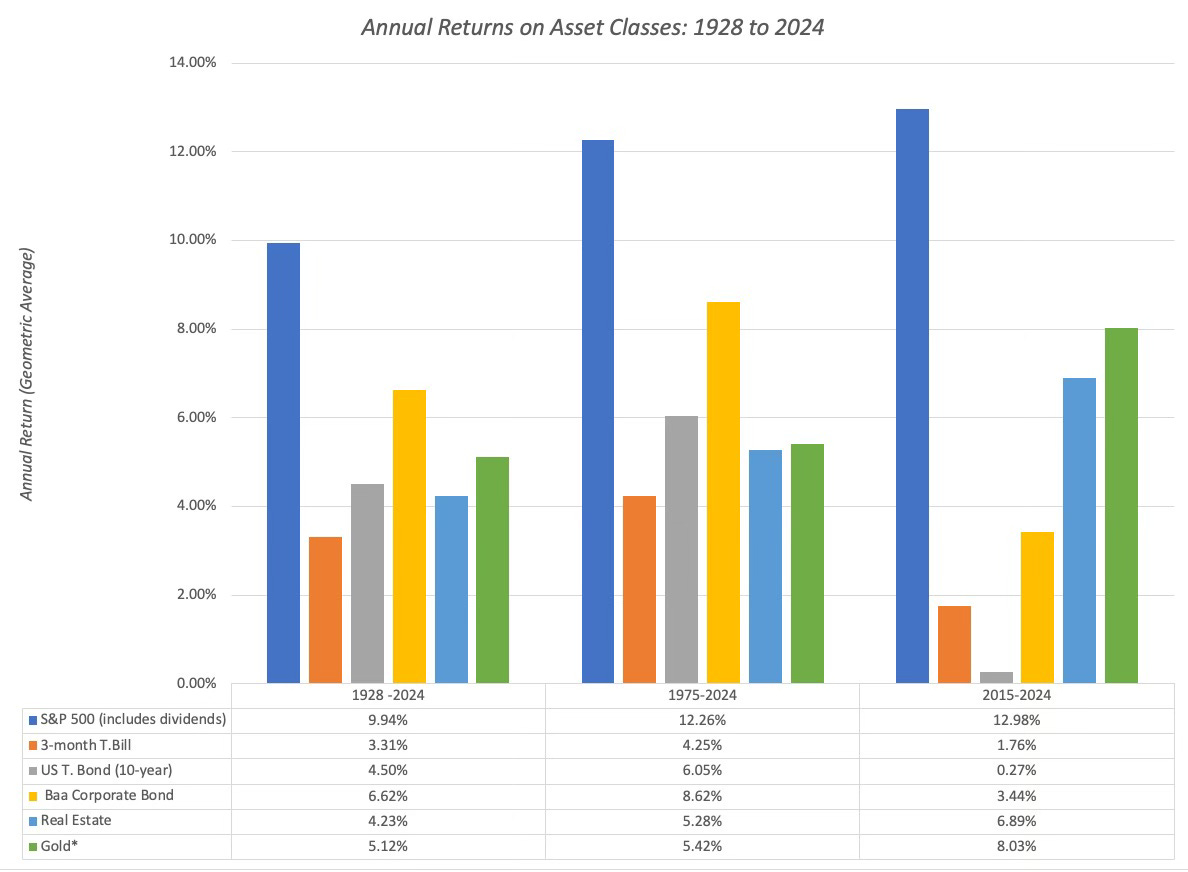Cryptocurrency and your taxes: What you need to know
Get up to speed on important rules about crypto and other alternative investments for this tax season with CPA and TurboTax expert Lisa Greene-Lewis.

If you made money off of cryptocurrencies last year, there are tax implications. CPA and TurboTax expert Lisa Greene-Lewis has some timely advice on how the law works for crypto or other alt investments, and reducing taxes you may owe. Watch the video above or read the transcript below.
Video transcript:
[MUSIC PLAYING]
Tracy Byrnes: So tax season is upon us, and you can't talk about tax season without talking about cryptocurrencies. Lisa Greene-Lewis, CPA and TurboTax expert, is here with us to decipher all of it. So, Lisa, I think there's a big misconception out there that people think there's no tax implications with cryptocurrencies, and that is unequivocally wrong. So tell us what we need to know as we file our taxes for 2024.
Lisa Greene-Lewis: The first thing you need to know: So in 2024, especially towards the end, we saw crypto surge. That was one trend that we saw. And so people that sold crypto, they may have made some huge gains. But one thing to keep in mind, if you have any losses, just like with stock, you can offset those losses against your gains.
And then if you have a net loss, you can offset up to $3,000 against your ordinary income, like from W-2 wages. And then if you still have a loss, you can carry that forward to the next year's taxes, and I always encourage people to remember that. A lot of people forget about their carryforward losses, and that can reduce your taxes.
Tracy Byrnes: Yeah, well, that's one of the perks of using a software, right? It remembers it for you, thankfully. So let's talk about the reporting of this, though. The place where my cryptocurrency is held should send me tax docs, right? Because this — these trades have to be reported.
Lisa Greene-Lewis: Crypto platforms and brokers were not required to report this, although a lot of them were still reporting. Now, starting in 2026 for your 2025 taxes, they will be issuing you a new form. It's called a 1099-DA for digital assets. And so you will be seeing that form.
And on that form, they are going to be required to report your sales transaction and your cost basis. So it was really important. By January 31st you were supposed to report your cost basis to your crypto platform or your broker, since you could select what cost basis you want to use.
Tracy Byrnes: Yeah, and that's key for keeping track going forward. So if you haven't done that, maybe reach out and try to get that on so that your reporting is good for next year. And in closing here, let's talk about like alt investing is all the rage these days — alternative investing, basically. What do people need to know about that come tax time?
Lisa Greene-Lewis: Yeah, another trend we're seeing is Gen Z. They are doing these alt investments. And what that is, they're investing in things like gold or silver. And what they need to know is how you account for that if you sell it. It's the same as if you do a stock transaction sale or a crypto sale.
TurboTax allows you to automatically import up to 20,000 crypto transactions and 10,000 stock transactions. And then you can easily do your taxes yourself with TurboTax, or you can hand your taxes off to our TurboTax Live full service experts.
Tracy Byrnes: Everything gets reported to Uncle Sam, bottom line here. Lisa Greene-Lewis, CPA and TurboTax expert, thank you for shedding light on all of that.
Lisa Greene-Lewis: Thank you for having me.
[MUSIC PLAYING]
Editor's Note: The content was reviewed for tax accuracy by a TurboTax CPA expert for the 2024 tax year.



























































































































































